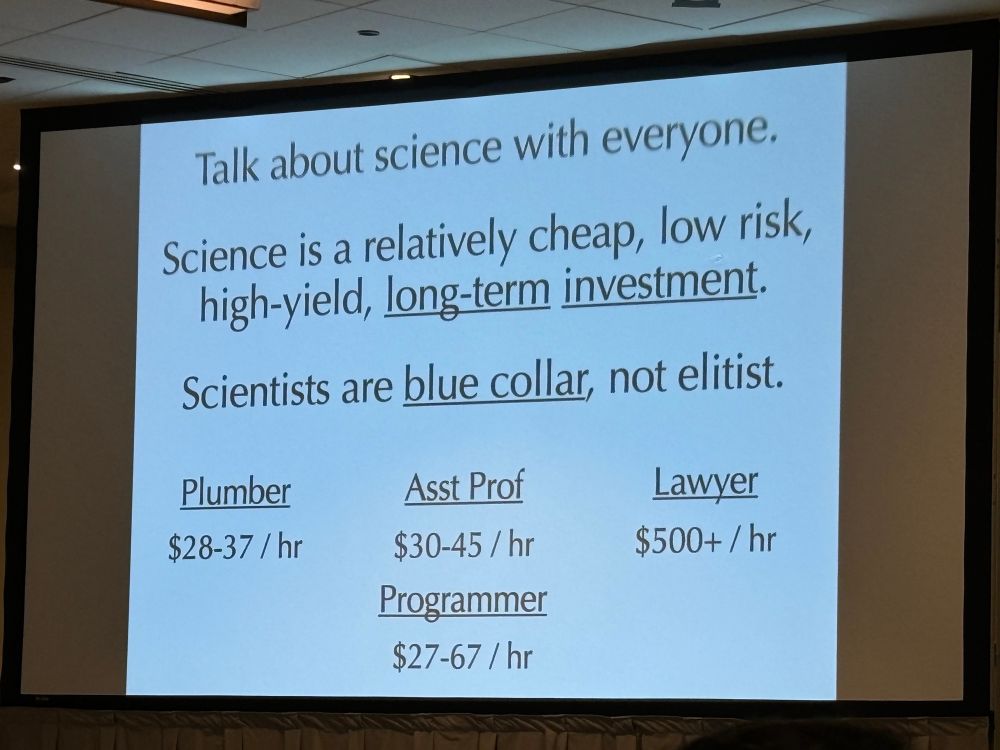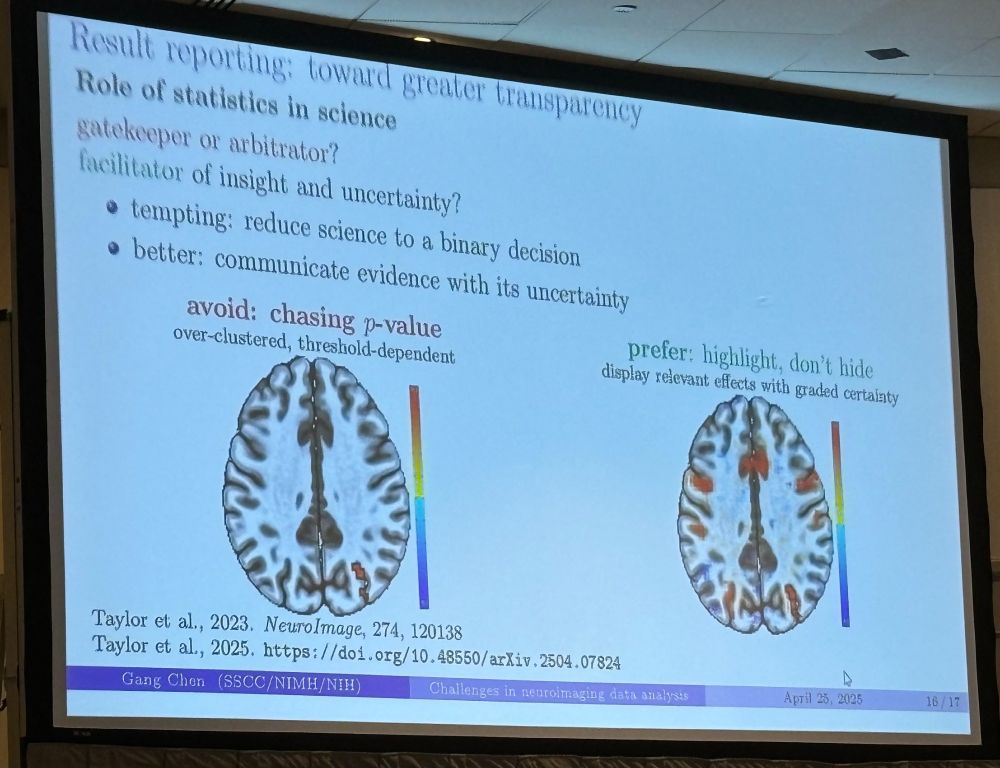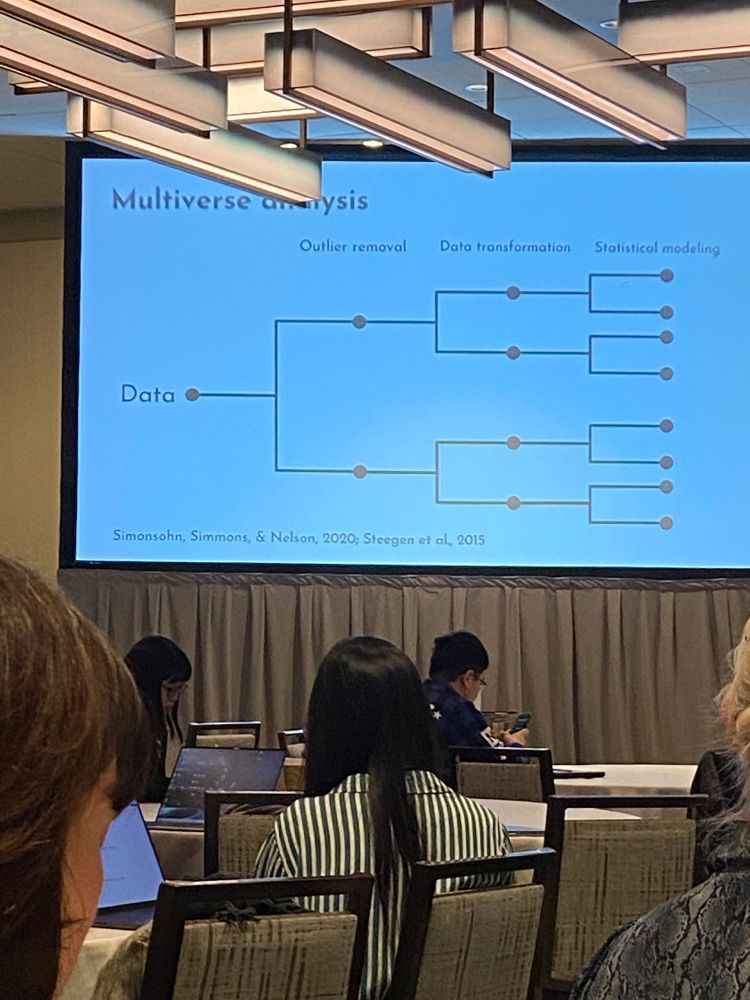Peter Sokol-Hessner
@p1sh.bsky.social
710 followers
190 following
41 posts
Studies decision-making & emotions. Assoc. Prof. at Univ. of Denver, PI of the Sokol-Hessner Lab, Exec. Dir. of ASFP (www.asfp.io, @asfp.io), dad to 6 y.o. twins. He/Him
Posts
Media
Videos
Starter Packs
Peter Sokol-Hessner
@p1sh.bsky.social
· May 6
Reposted by Peter Sokol-Hessner
Alex Shackman
@ajshackman.bsky.social
· Apr 23
Jeremy Berg
@jeremymberg.bsky.social
· Apr 23

Improving Performance, Accountability and Responsiveness in the Civil Service
The Office of Personnel Management (OPM) is proposing a rule to increase career employee accountability. Agency supervisors report great difficulty removing employees for poor performance or misconduc...
www.federalregister.gov
Peter Sokol-Hessner
@p1sh.bsky.social
· Apr 27
Peter Sokol-Hessner
@p1sh.bsky.social
· Apr 27
Peter Sokol-Hessner
@p1sh.bsky.social
· Apr 27
Reposted by Peter Sokol-Hessner
Gang Chen
@gangchen6.bsky.social
· Apr 24
Peter Sokol-Hessner
@p1sh.bsky.social
· Apr 25
Peter Sokol-Hessner
@p1sh.bsky.social
· Apr 25
Reposted by Peter Sokol-Hessner
Peter Sokol-Hessner
@p1sh.bsky.social
· Apr 24
Peter Sokol-Hessner
@p1sh.bsky.social
· Apr 24
Peter Sokol-Hessner
@p1sh.bsky.social
· Apr 24
Reposted by Peter Sokol-Hessner
Kimberly Chiew
@kimberlychiew.bsky.social
· Apr 24
Peter Sokol-Hessner
@p1sh.bsky.social
· Apr 24
The Sokol-Hessner Lab
@shlab.bsky.social
· Apr 24
Reposted by Peter Sokol-Hessner
Sara Grady
@saramgrady.bsky.social
· Apr 24
Reposted by Peter Sokol-Hessner
Reposted by Peter Sokol-Hessner
Uma Karmarkar
@umakarma.bsky.social
· Dec 3
Peter Sokol-Hessner
@p1sh.bsky.social
· Oct 31








